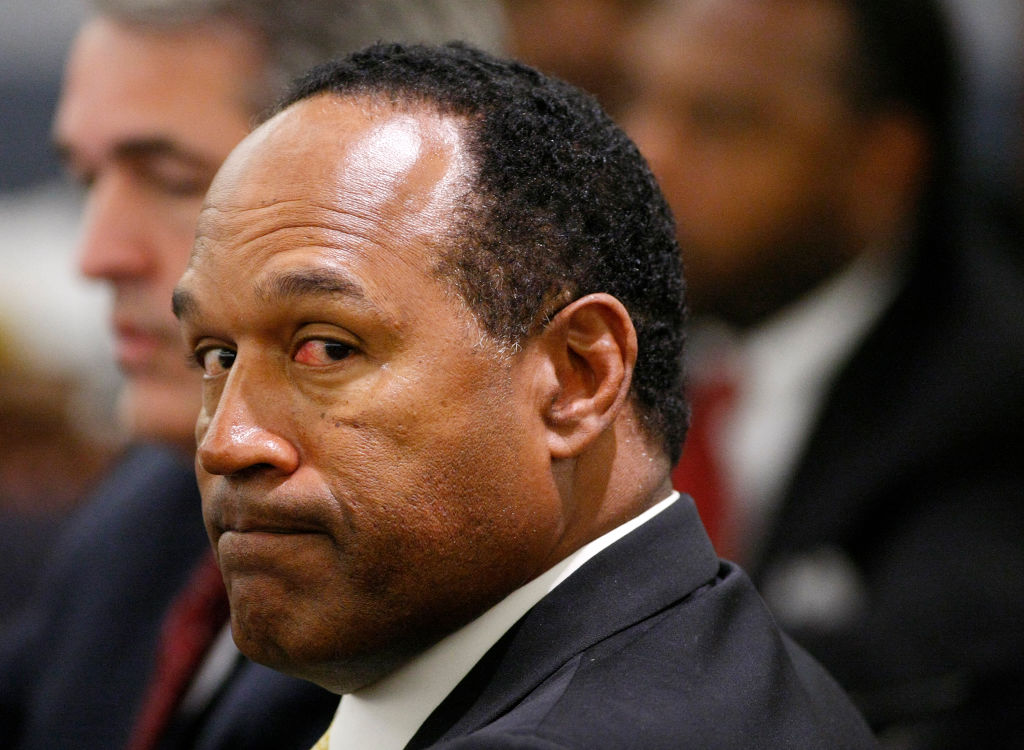From the criminal justice system to race relations and beyond, the death of football legend-turned-acquitted murderer O.J. Simpson has placed a spotlight on a number of issues.
But perhaps none of them are as immediately urgent to Black people as Simpson’s cause of death — prostate cancer, which is a disproportionate killer, particularly of Black men.
The man born as Orenthal James Simpson died at 76 on Wednesday, his family confirmed fewer than two months after it was revealed he was undergoing chemotherapy for the curable illness.
But it was unclear how far advanced Simpson’s prostate cancer was when it was first detected, a key factor in being able to successfully treat the disease.
Black men are 70% more likely to develop prostate cancer in their lifetime and twice as likely to die from the disease, according to The Memorial Sloan Kettering (MSK) Cancer Center. Delays between screening, diagnosis and treatment often contribute to the huge health disparity.
“The higher risk may be related to social and environmental issues involving nutrition, access to health care, and exposure to environmental pollutants,” Vincent Laudone, MSK’s Chief of Surgery at the Josie Robertson Surgery Center says. “Disparities in outcomes also can be affected by differences in when the cancer is diagnosed and how the men are treated after diagnosis.”
Many Black men may refrain from undergoing prostate cancer screening due to a combination of factors, including fear and mistrust of the healthcare system, lack of insurance, and insufficient knowledge about prostate treatment and screening, according to the American Cancer Association. The screening process can be daunting and uncomfortable for some patients if they are selected to undergo a Digital Rectal Examination (DRE) which is when a healthcare provider examines the rectum to check for abnormal growth and inflammation, but screenings and early prevention can save lives.
In recent months, U.S….
Read the full article here



